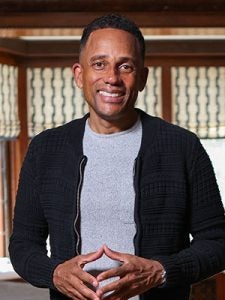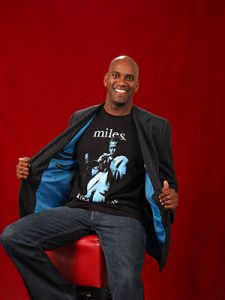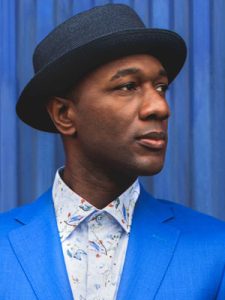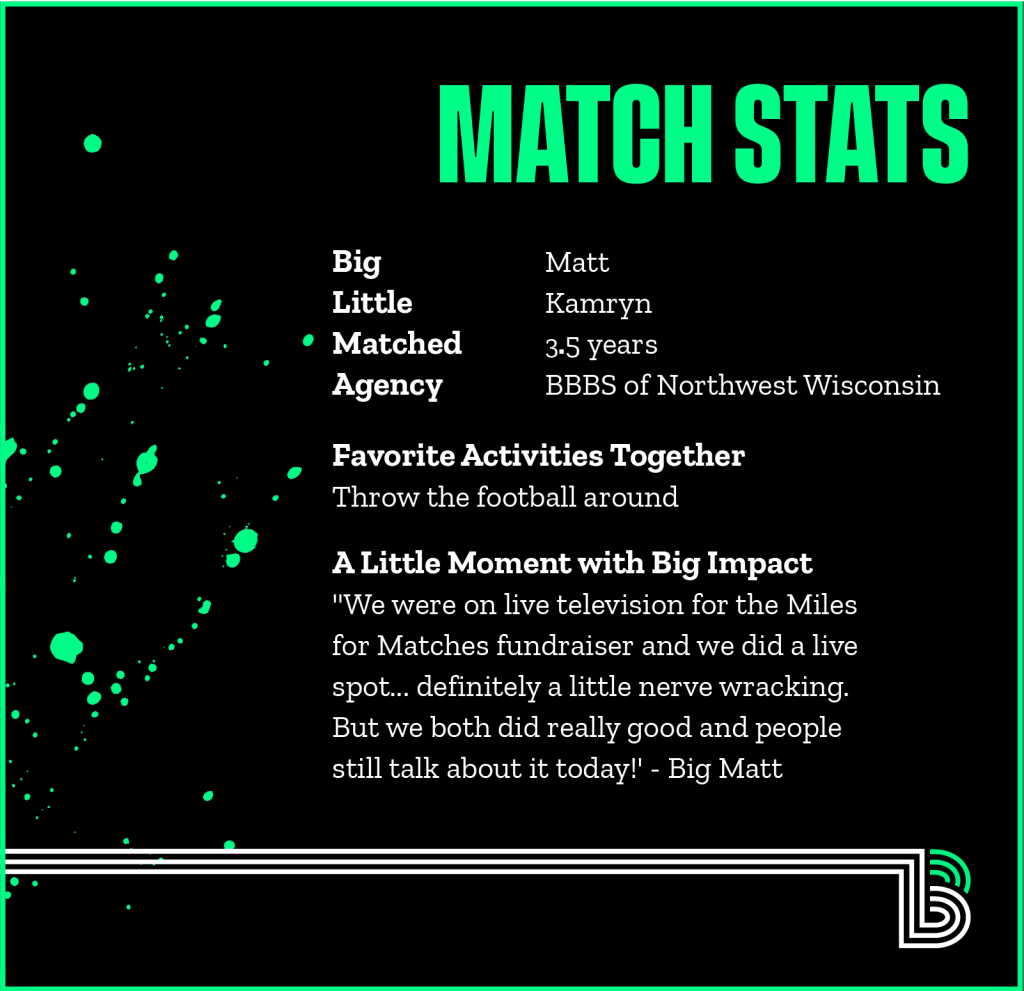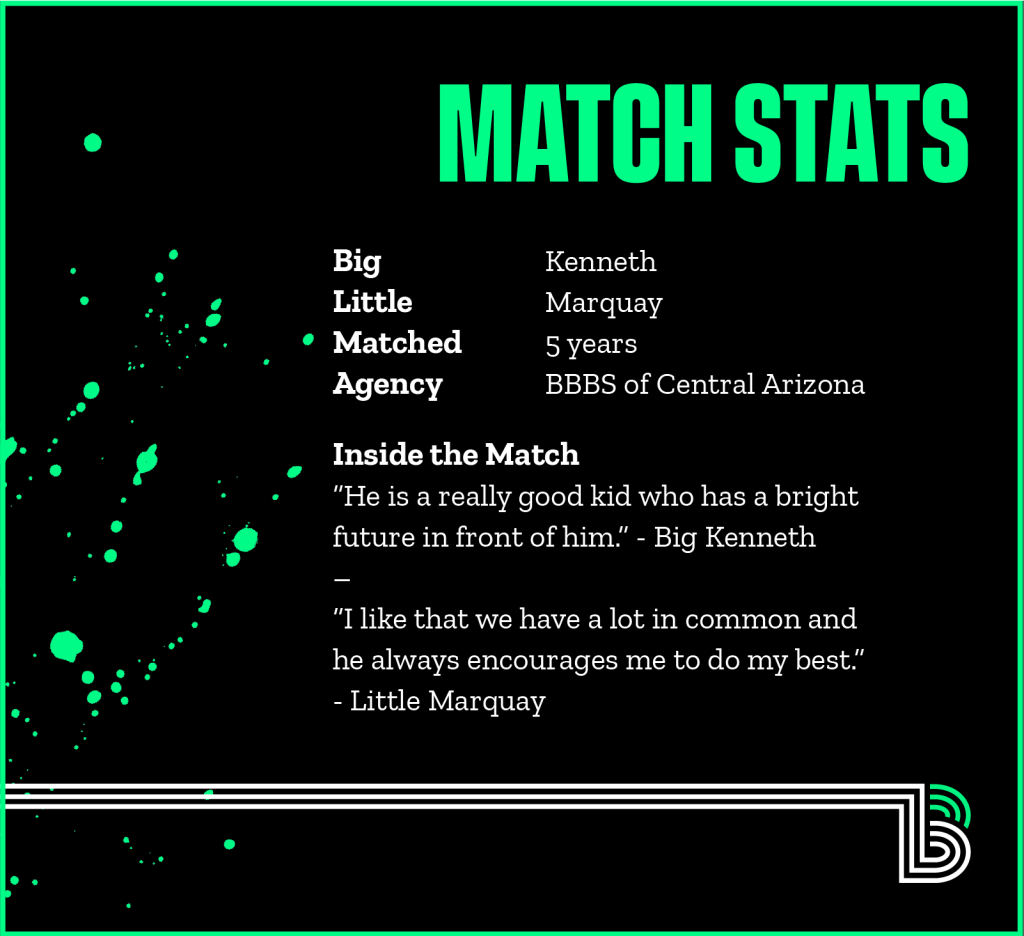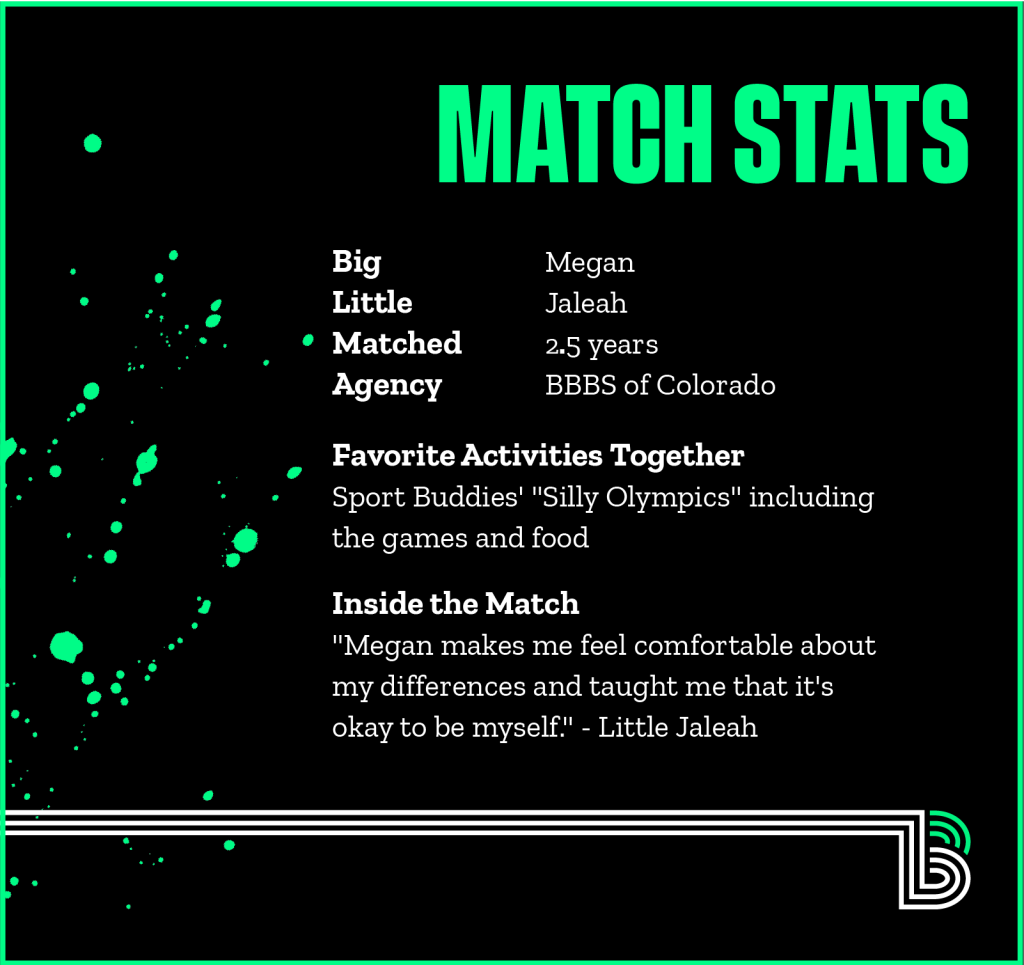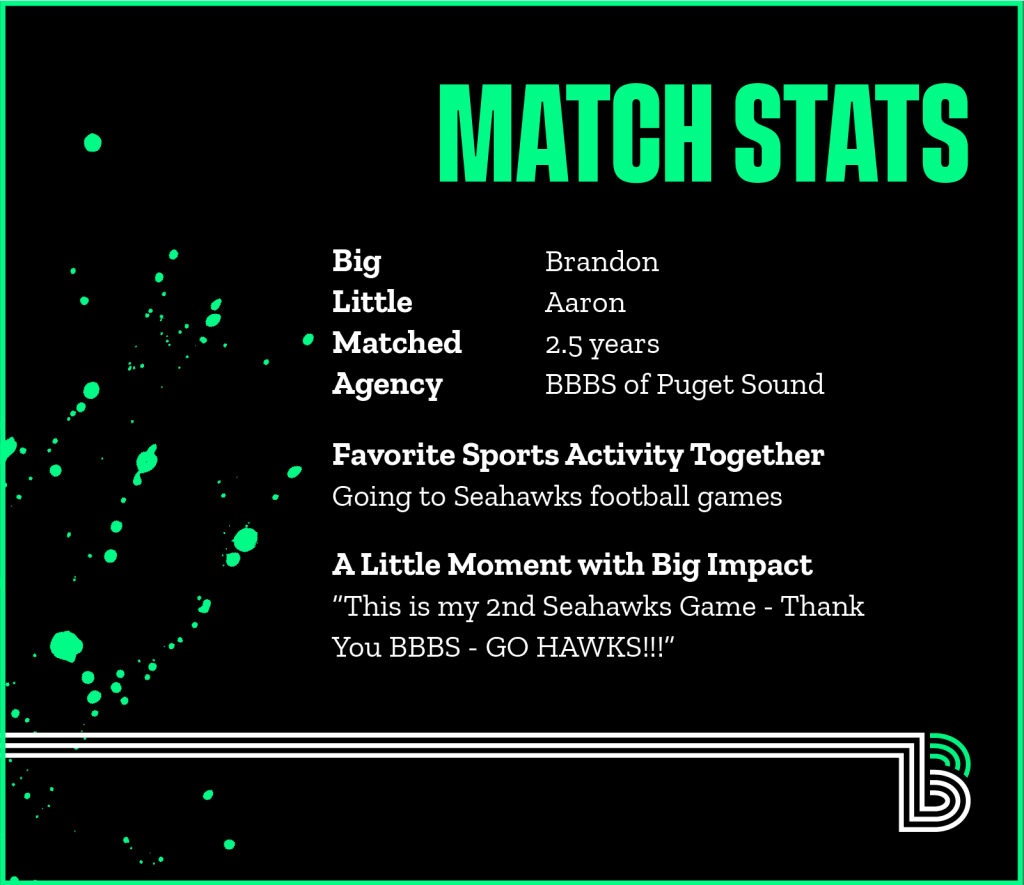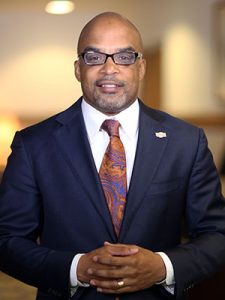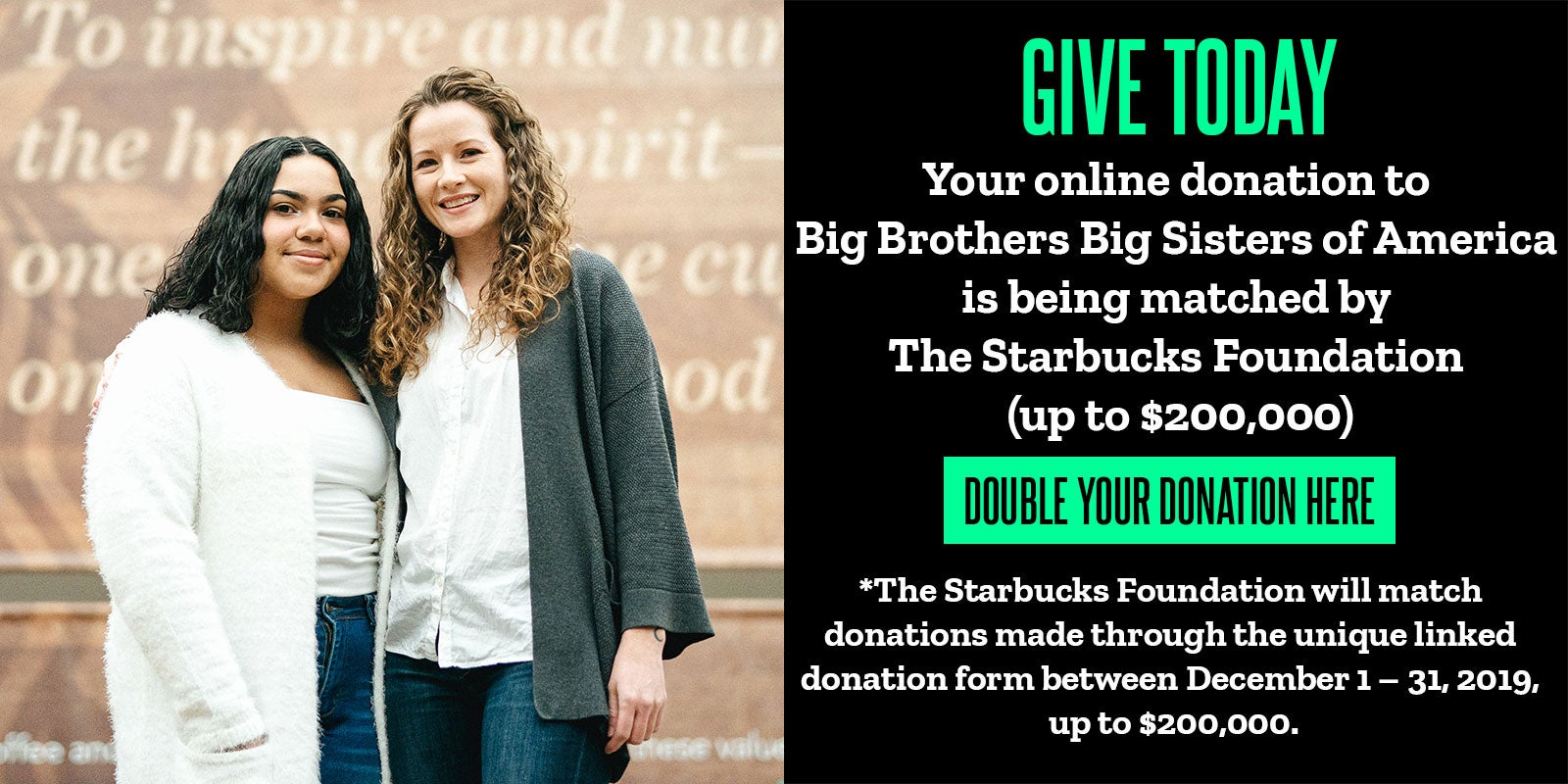Philadelphia, PA (April 24, 2013) — The 2013 Big Brothers Big Sisters Youth Outcomes Survey (YOS) report reflects across-the-board gains for youth a year after being in a one-to-one mentoring relationship, as well as compared to their peers who do not have mentors — with middle-school aged mentees outperforming their unmatched counterparts in every area measured.
The largest differences for the mentees when compared to unmatched youth were in the areas of social acceptance; which research ties to grade retention, school engagement, and perceived scholastic competence; a measure linked to grades and test scores. When compared to their own wellbeing before they were matched with mentors, a large majority of “Littles” demonstrated improvement or maintenance across six of the seven outcomes areas surveyed. In addition to social acceptance and scholastic competence, the areas surveyed included: having a special non-parental adult relationship, educational expectations, academic performance, attitudes towards risky behaviors, and parental trust.
“This new research shows that by engaging communities, schools and families, Big Brothers Big Sisters helps youth achieve positive outcomes in a broad range of areas that experts say really matter,” said Big Brothers Big Sisters of America President and CEO Charles Pierson. “While programs that focus on education, behavior and socio-emotional growth exclusively are extremely important, this report supports our focus on developing the whole child. We are heartened by the results we are seeing for youth during their middle school years, a time when attitudes towards risk and school can shape their future.”
The YOS assesses youth before they enroll in Big Brothers Big Sisters and a year later — 12 months for mentees in community-based programs and a school year for youth who are matched with school-based mentors. Like the first YOS data issued last year, the latest report (reflecting information gathered between 2010 and 2012) supports long-standing independent research that finds youth enrolled in Big Brothers Big Sisters improve in school and in relationships with their peers and parents. Big Brothers Big Sisters serves children who face adversity, those living in single-parent or low income homes, households where a parent is incarcerated, or military families.
“This report is a rich example of the ways in which youth-serving organizations and their stakeholders can benefit when a serious investment is made in the careful collection, analysis and reporting of evaluation data,” said David DuBois, PhD., leading youth mentoring researcher and member of Big Brothers Big Sisters’ National Research Advisory Council. “It would be great to see efforts like this become routine for all programs that seek to enrich the lives of young people through their services.”
For youth enrolled in Big Brothers Big Sisters’ community-based, one-to-one mentoring program:
- 94 percent maintained or improved in their attitudes towards risky behaviors
- 88 percent maintained or improved in parental trust
- 85 percent maintained or improved in their educational expectation
- 83 percent maintained or improved in scholastic competence and
- 83 percent maintained or improved in social acceptance.
For Big Brothers Big Sisters’ school-based mentees:
- 90 percent maintained or improved in social acceptance
- 90 percent maintained or improved in their attitudes towards risky behaviors
- 87 percent maintained or improved in their educational expectations
- 86 percent maintained or improved in parental trust and
- 84 percent maintained or improved in their grades.
With community-based mentees, 64 percent maintained or improved in six of seven of the outcomes areas after 12 months of mentoring, and 77 percent of school-based mentees maintained or improved in six of the seven. The YOS report suggestsacross the spectrum of areas measured, positive gains also remained at the two-year mark for youth who continue to be enrolled in the program, with additional gains in social acceptance.
Please Note: The Youth Outcome Survey results are based on the proprietary practices implemented by Big Brothers Big Sisters of America, including Big Brothers Big Sisters of America’s Service Delivery Model, and is a reflection of Big Brothers Big Sisters of America and its affiliates’ strict adherence to national standards. Accordingly, while we encourage that these results be shared, they must at all times be attributed to Big Brothers Big Sisters of America and are not to be used in connection with the activities of other organizations without the express written permission of Big Brothers Big Sisters of America.
About Big Brothers Big Sisters
Big Brothers Big Sisters, the nation’s largest donor and volunteer supported mentoring network, holds itself accountable for children in its program to achieve measurable outcomes, such as educational success; avoidance of risky behaviors; and higher aspirations, greater confidence and better relationships. Partnering with parents/guardians, schools, corporations and others in the community, Big Brothers Big Sisters carefully pairs children (“Littles”) with screened volunteer mentors (“Bigs”) and monitors and supports these one-to-one mentoring matches throughout their course. Big Brothers Big Sisters Youth Outcomes SurveyReport reinforces the mentoring program’s evidence base of positive academic, socio-emotional and behavioral outcomes for youth, areas linked to high school graduation, avoidance of juvenile delinquency and college or job readiness.
Big Brothers Big Sisters provides children facing adversity, often those of single or low-income households or families where a parent is incarcerated or serving in the military, with strong and enduring, professionally supported one-to-one mentoring relationships that change their lives for the better, forever. This mission has been the cornerstone of the organization’s 100-year history. With about 350 agencies across the country, Big Brothers Big Sisters serves nearly 630,000 children, volunteers and families. The organization is engaged in a nationwide search to reunite with alumni mentors, mentees, donors, and family, staff and board members. Learn more at BigBrothersBigSisters.org.























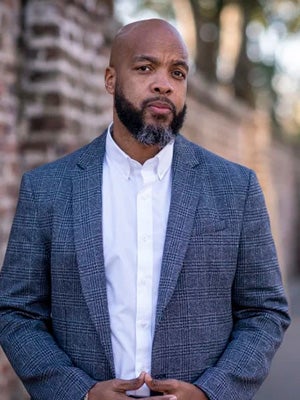 Trymaine Lee
Trymaine Lee Ray Davis
Ray Davis Osa Odighizuwa
Osa Odighizuwa